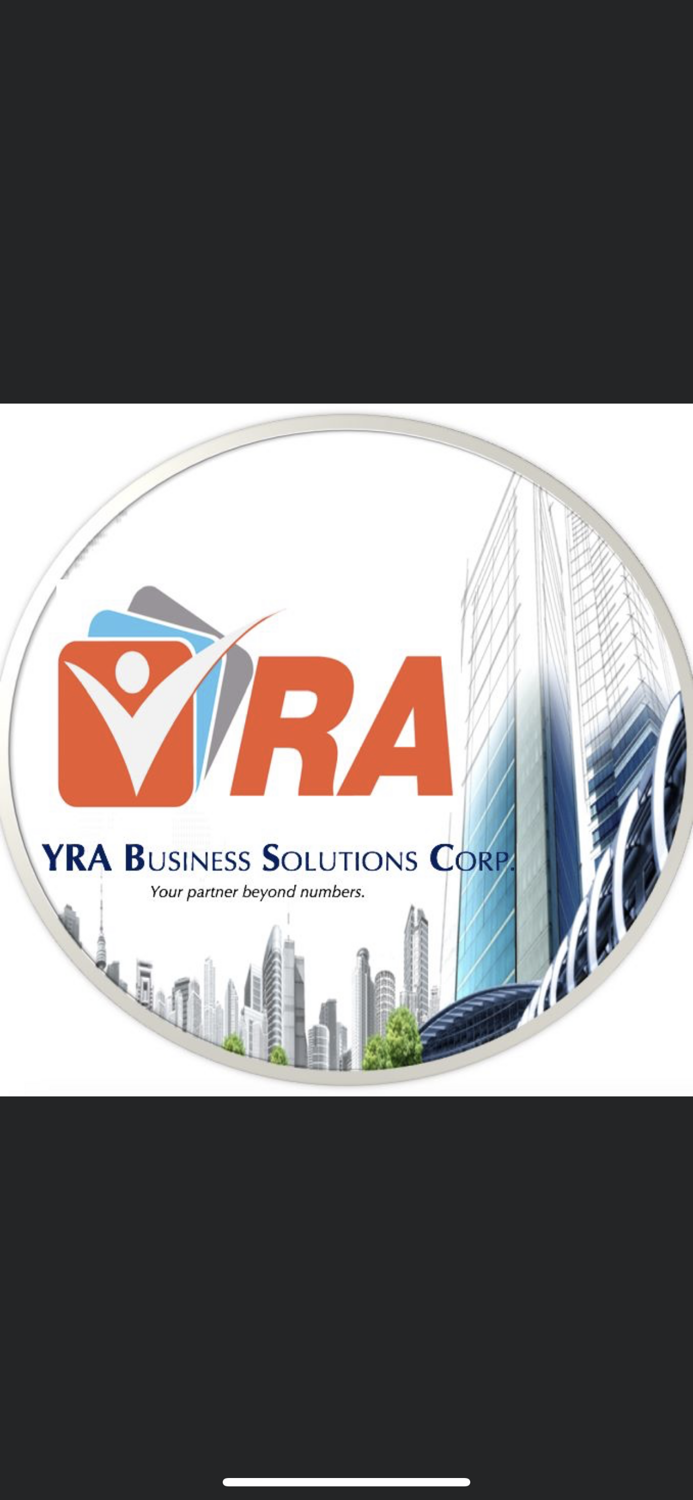What Is Payroll Accounting, and Why Is It Important?
- Yasser Aureada
- Mar 8, 2023
- 3 min read
Updated: Apr 24, 2023
Payroll is the process of paying employees for their work or services rendered. It involves calculating employee wages, taxes, deductions, and other benefits and issuing paychecks accordingly. It is a critical part of any business, as it is responsible for ensuring that employees are paid accurately and timely.
In today's article, let's explore payroll accounting and its benefits. Here's what you need to know:
What Is Payroll Accounting?
This process involves more than simply tracking and paying employee wages. Employers must also ensure that payroll taxes are paid on time and that all employee benefits, such as health insurance and retirement plans, are properly administered.
Payroll accounting can also involve filing reports to the IRS, tracking employee vacation time and sick days, and maintaining records of employee deductions and withholdings.
The Importance of Payroll Accounting
Payroll accounting is an important part of any business, as it helps employers follow all applicable laws and regulations. It also helps employers avoid costly mistakes and penalties and ensure their employees are paid accurately and on time.
With the right payroll accounting system in place, employers can ensure the accuracy and compliance of their payroll and save time and money in the process.
Essential Aspects of Payroll Accounting
Employee Salary
Employee salary is the amount of money an employee earns for their work. It is typically a fixed amount, and the employee is paid this amount regardless of the number of hours worked or the amount of work completed. Salaries are usually calculated based on the employee’s experience and qualifications.
Compensation
Compensation is the additional money and benefits an employee receives for their work. This can include bonuses, stock options, health insurance, paid leave, and other benefits. Compensation packages vary greatly from employer to employee and are usually negotiated between employer and employee.
Benefits
Benefits are payments made to employees for goods and services that are beyond the normal wages and salaries that are paid. Benefits can include health insurance, disability insurance, vacation pay, retirement contributions, and other forms of compensation. These benefits can be provided through the employer or an outside provider.
Payroll Schedule
A business’s human resources department typically creates and manages payroll schedules. They are based on the business’s financial capabilities and the number of employees. Depending on the business size, payroll schedules can be set up to cover monthly, bi-weekly, or weekly intervals.
Payroll schedules aren’t just beneficial for businesses—they are also helpful for employees. By having a clearly-defined payroll schedule, employees can budget and plan for their wages and know when they will be paid. Payroll schedules are also important for ensuring employees are paid on time and tracking discrepancies.
Steps in Payroll Accounting
Complete Essential Paperwork
Before any payroll can be processed, all necessary paperwork must be completed. This includes verifying employee information such as their name, address, Social Security number, and other relevant details. The payroll department may also need to collect additional information, such as the employee’s bank account details and tax forms.
Determine Payroll Payments
Once the paperwork is complete, the payroll department must determine how much each employee will be paid. This includes calculating the employee’s regular wages, overtime, bonuses, and other forms of compensation. The taxes and other deductions from the employee’s paycheck must also be determined.
Set Up a Chart of Accounts
The payroll department must also set up a chart of accounts to track the various types of employee payments. This will help the department to accurately record the payments and deductions to the employee’s account. It will also make tracking the money paid out in each payroll period easier.
The Bottom Line
Payroll accounting helps keep track of the company’s financial standing and ensures the proper functioning of the payroll and accounting system. It also ensures that employees are paid correctly and on time and that taxes are paid on time. With this, you can also ensure that payroll costs are controlled, and the company’s budget is maintained. Payroll accounting is essential to ensure any business's financial health and integrity.
YRA Business Solutions Corp. is a consulting firm that provides a broad range of business services to local and foreign clients. If you’re looking for reliable services to improve your business, we can help you. Our services include bookkeeping, payroll and HR management, advisory, assurance, IT solutions, and more. Contact us today to learn more and get started!





Comments